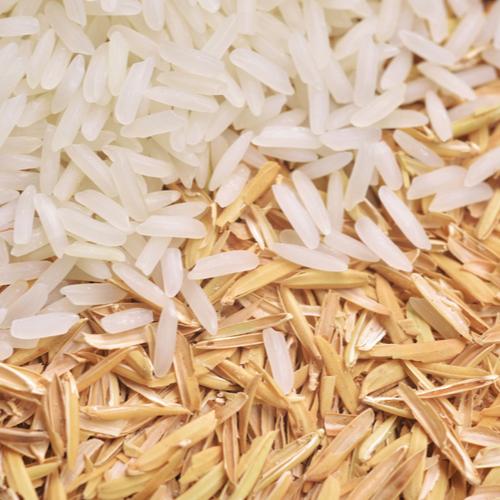
Credit: UniSA
University of South Australia thermal energy researcher Professor Frank Bruno has been awarded almost $1 million by the Federal Government to find a solution to agricultural pollution in Australia and India.
Prof Bruno, South Australian Energy Chair at UniSA’s Future Industries Institute, will lead a collaborative project with India’s biggest private university, LPU, to develop a renewable energy-driven food processing and drying system which alleviates both pollution and landfill issues in both countries.
India is the largest global producer of food, while Australia is one of the world’s largest food exporters.
The three-year $977,585 project is being funded by the Australia-India Strategic Research Fund, announced this week by the Federal Minister for Industry, Science and Technology, the Hon Karen Andrews MP.
According to the World Health Organization, India has nine of the top 10 cities with the highest air pollution in the world, partially due to agricultural waste burnt by farmers in the field, rice husks in particular, which are a major food source for the country.
Prof Bruno’s research focuses on developing high temperature, electrically charged thermal energy storage (ECTES) which can provide heated air for drying, replacing fossil fuels.
Previous studies show that this system, driven by solar PV, can meet more than 80 per cent of energy requirements at half the cost of LPG.
The technology will not only cut air pollution and agricultural waste landfill, but also reduce food manufacturers’ costs, Prof Bruno says.
“Shifting towards this solution will undoubtedly result in significant amounts of biomass which can then be converted into high-value renewable biofuels,” Prof Bruno says.
The project will build on existing research on high temperature ECTES being undertaken by Prof Bruno and his team at UniSA’s Mawson Lakes Campus, as well as a current project to improve the shelf life of milk.
###
Notes for Editors
The AISRF is Australia’s largest fund dedicated to bilateral science collaboration. It helps build links between Australia and India’s top universities and research institutions.
Media Contact
Candy Gibson
[email protected]
Original Source
https:/




